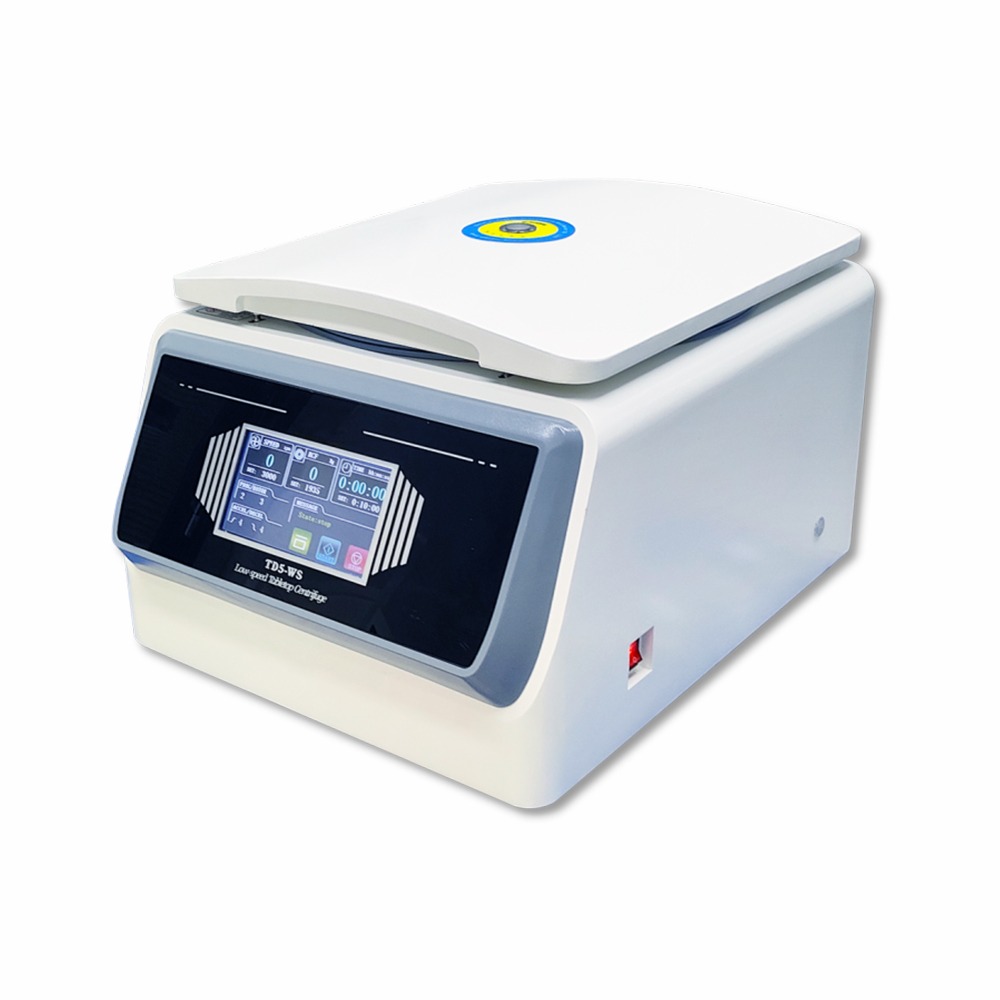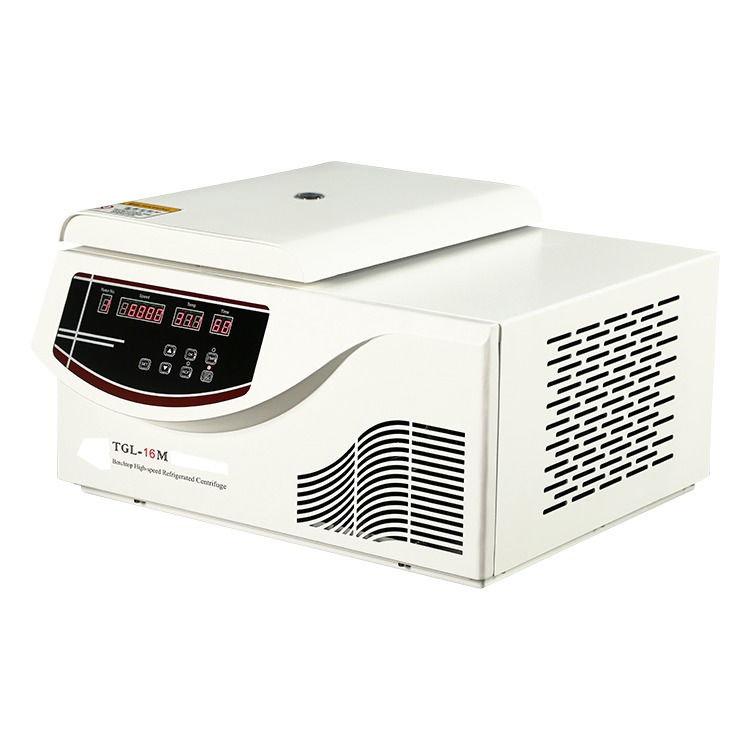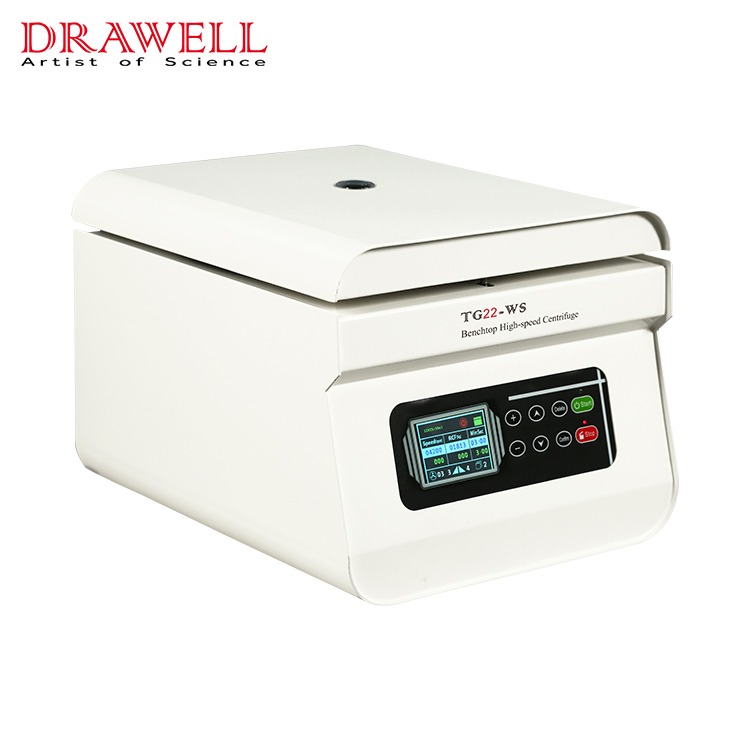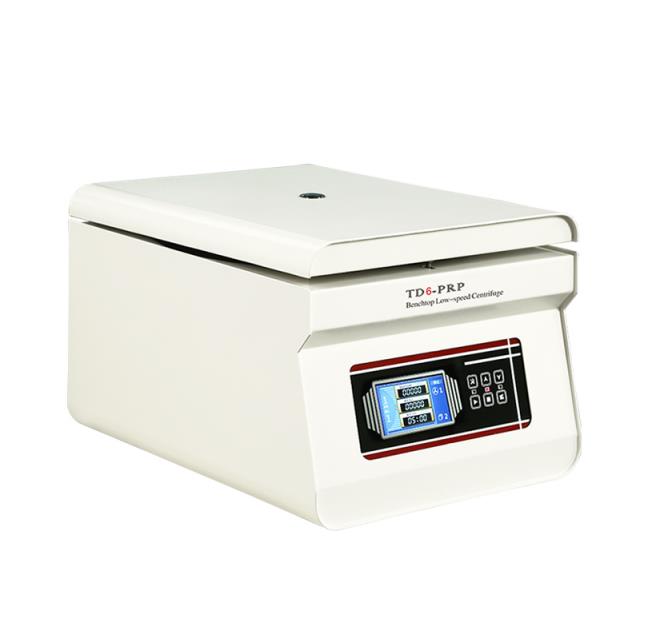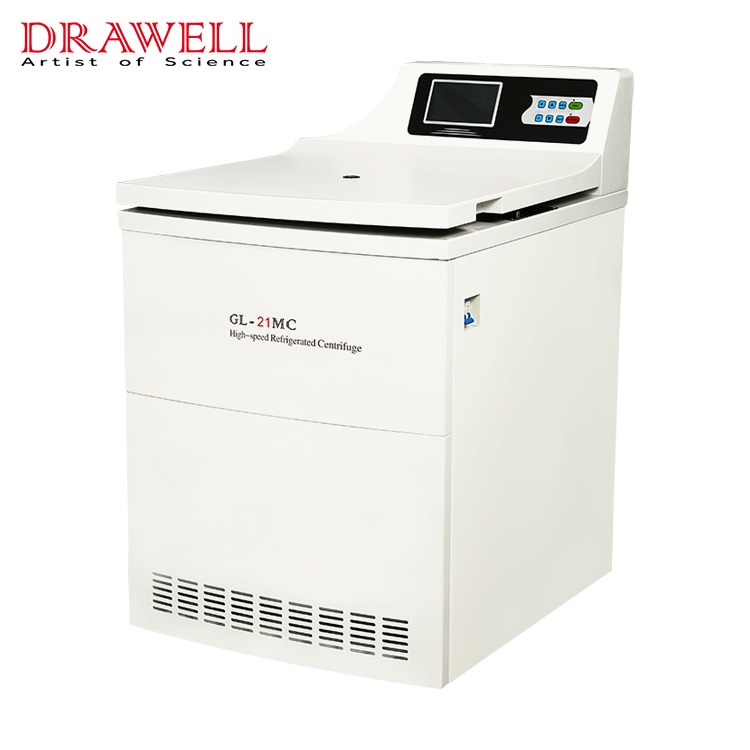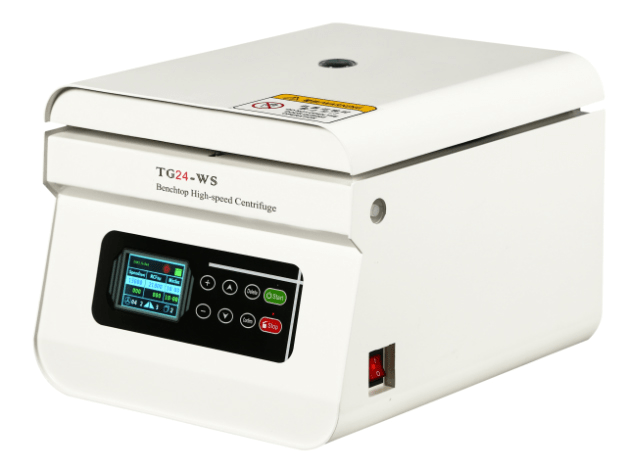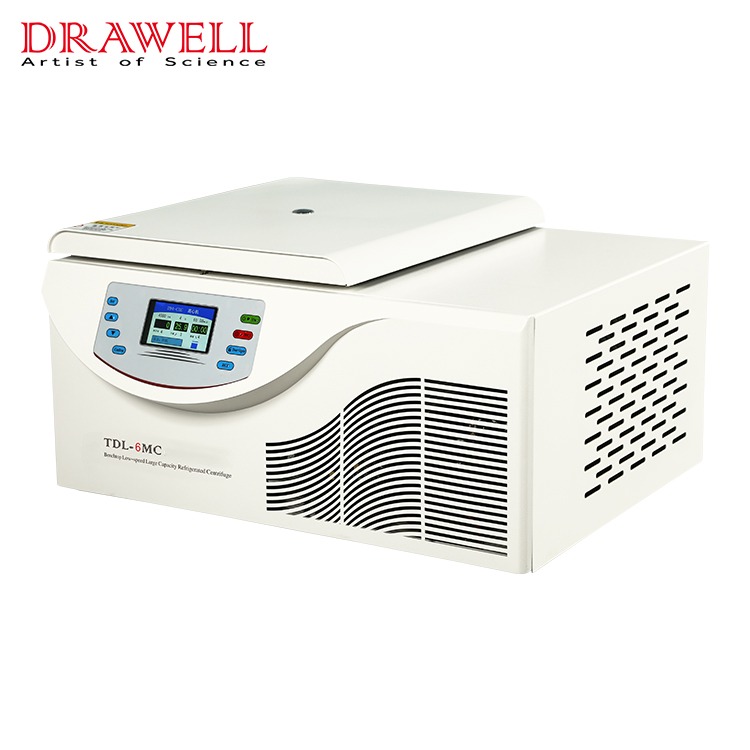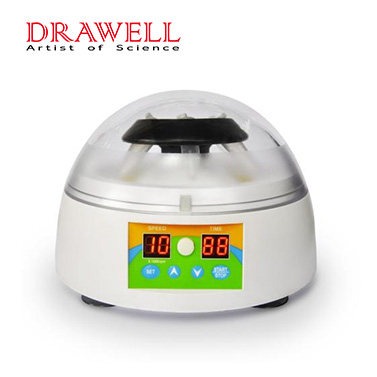Medical centrifuges are indispensable tools in laboratories, playing a crucial role in the separation of biological components. This article aims to provide an in-depth comparison of different types of medical centrifuges, highlighting their pros and cons to help you choose the right one for your specific needs.
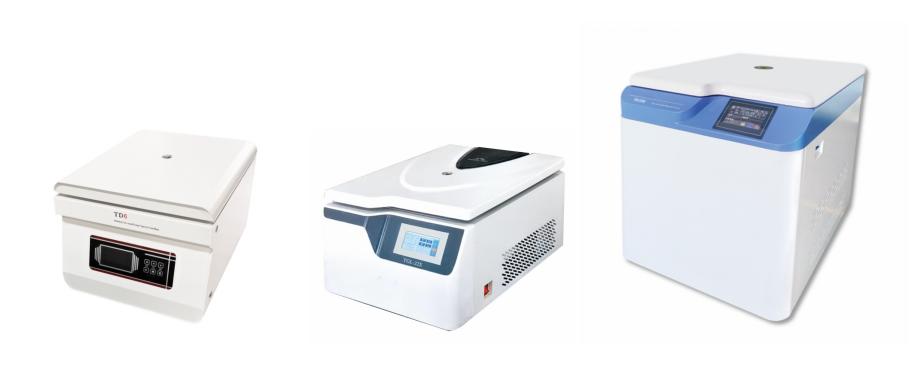
What are Medical Centrifuges?
A medical centrifuge is a machine that uses centrifugal force to separate mixtures based on their density. When spun at high speeds, denser components move outwards, while less dense components remain closer to the center. This principle allows for the efficient separation of various components in a liquid sample.
A centrifuge consists of a rotor, a chamber, a motor, and a control panel. Samples are placed in tubes within the rotor, which spins at high speeds.
Common Applications in the Medical Field
Centrifuges are workhorses in the medical field, performing essential tasks like isolating cells, separating blood components, and purifying viruses.
- Blood banking: Separating plasma, red blood cells, white blood cells, and platelets for transfusions.
- Urinalysis: Isolating cells and sediments for analysis.
- Microbiology: Separating bacteria and viruses for further testing.
- Immunology: Isolating white blood cells for immune response studies.
- Biochemistry: Isolating proteins and other biomolecules.
Types of Medical Centrifuges
1. Microcentrifuges
Microcentrifuges are small, high-speed centrifuges designed for processing small volumes (0.2 to 2 mL) in research and clinical laboratories.
Pros:
- Compact and space-saving
- High-speed capabilities
- Ideal for small samples
- Easy to use and maintain
Cons:
- Limited capacity
- Limited rotor options
- Generally lack temperature control
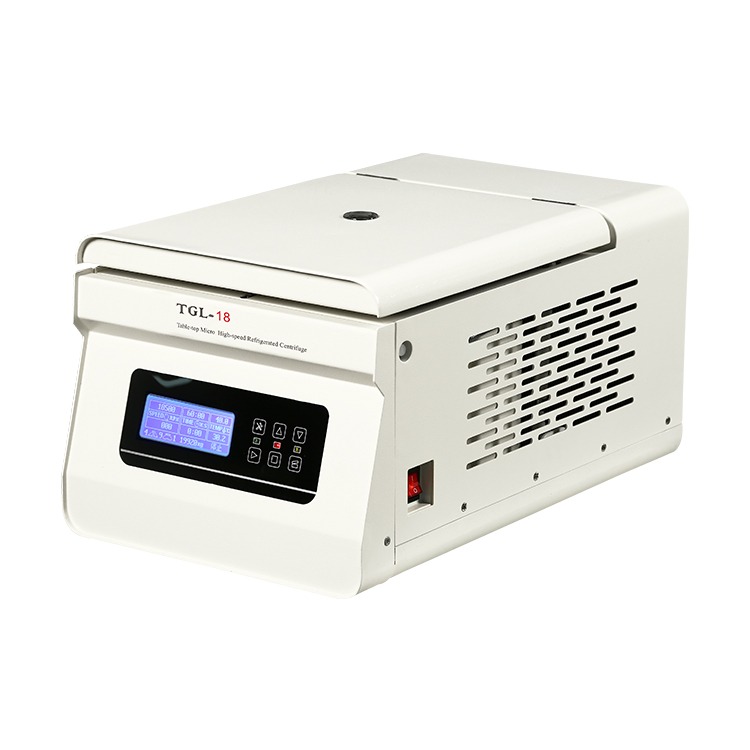
2. Clinical Centrifuges
Centrifuges designed for routine clinical applications, often low-speed centrifuge. They spins at lower speeds (up to 3,000 rpm) and is ideal for separating large particles like cells and bacteria, such as blood and urine sample separation.
Pros:
- Versatile with a range of applications
- Handles larger volumes than microcentrifuges
- User-friendly
Cons:
- Moderate speed
- Larger footprint
- Limited rotor types
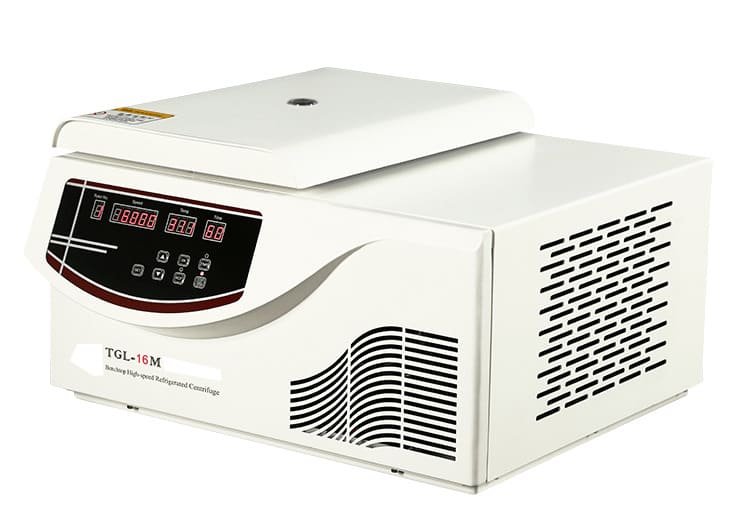
3. Refrigerated Centrifuges
Refrigerated Centrifuges equipped with temperature control to handle temperature-sensitive samples.
Pros:
- Temperature control to prevent sample degradation
- Suitable for a wide range of sample volumes
- High-speed capabilities
Cons:
- Higher cost
- Larger size
- Requires regular maintenance of the cooling system
4. Ultracentrifuges
High-speed centrifuges designed for separating sub-cellular organelles, viruses, and other fine particles.
Pros:
- Extremely high speeds, up to 100,000 RPM
- High precision and efficiency
- Suitable for complex and specialized applications
Cons:
- Very expensive
- Requires specialized training
- Complex maintenance
5. Benchtop Centrifuges
Benchtop Centrifuges are versatile, compact centrifuges for general laboratory use, handling medium-volume samples.
Pros:
- Compact and fits on lab benches
- Versatile with various rotor options
- Moderate cost
Cons:
- Limited speed compared to floor models
- Moderate capacity
- Some models lack advanced features like temperature control

Detailed Comparison of Medical Centrifuges
| Aspect | Microcentrifuges | Clinical Centrifuges | Refrigerated Centrifuges | Ultracentrifuges | Benchtop Centrifuges |
| Speed (RPM) | Up to 14,000 RPM | Typically up to 5,000 RPM | Up to 15,000 RPM | Up to 100,000 RPM | Typically up to 15,000 RPM |
| Capacity (Volume and Number of Samples) | 0.2 to 2 mL tubes, small number of samples | 10 to 50 mL tubes, moderate number of samples | Wide range of volumes, high number of samples | Small to moderate volumes, specialized rotors | 1.5 to 50 mL tubes, moderate number of samples |
| Temperature Control | Usually not available | Generally not available | Yes, essential for temperature-sensitive samples | Yes, critical for high-speed applications | Available in some models |
| Rotor Types and Compatibility | Fixed-angle rotors, limited rotor options | Swinging bucket and fixed-angle rotors | Wide range of rotor types | Specialized rotors, extensive rotor options | Variety of rotor types available |
| Ease of Use and Maintenance | Easy to use, minimal maintenance | User-friendly, moderate maintenance | Requires regular maintenance for cooling system | Complex, requires specialized training and maintenance | Generally easy to use, moderate maintenance |
| Cost | Low to moderate cost | Moderate cost | High cost | Very high cost | Moderate cost |
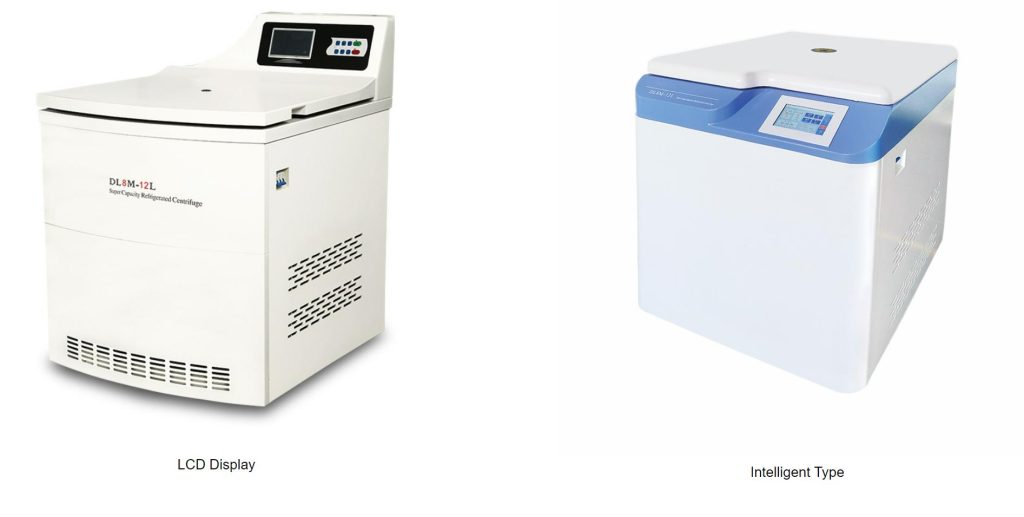
Get the Medical Centrifuge for Your Project
Choosing the right medical centrifuge depends on your specific needs and applications. Consider factors such as sample volume, required speed, temperature control, and budget. For routine laboratory work, a clinical or benchtop centrifuge may be sufficient. For specialized applications requiring high speeds and temperature control, a refrigerated or ultracentrifuge might be necessary. Always ensure that the centrifuge you select meets the necessary specifications for your project to achieve optimal results.
Drawell can providing you various types of centrifuges including benchtop or floortype centrifuge, high speed or low speed centrifuge and even refrigerated centrifuge, feel free to contact Drawell when you are looking for a reliable centrifuge supplier, believe they will not let you down.

